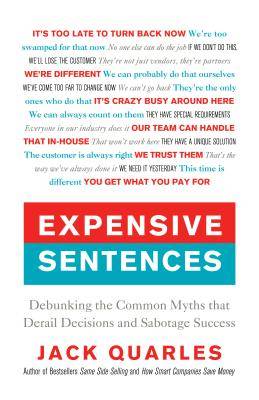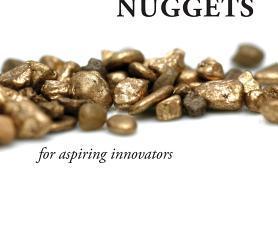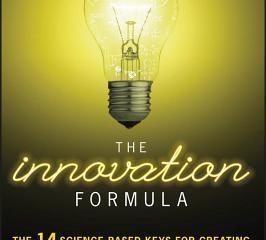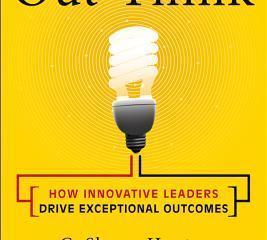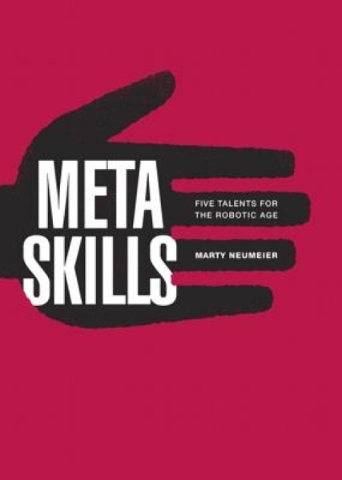
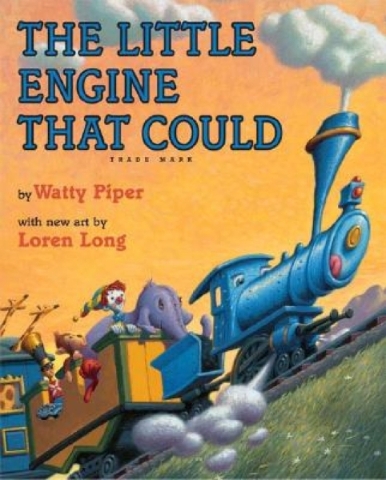
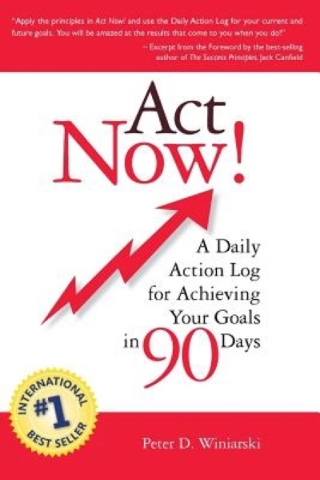
The holidays are fast approaching. Shoppers search for that special gift. While choices seem endless, choosing is simple: Give gifts of knowledge, motivation and self-improvement. Gifts they’ll thank you for many times.
Here are three suggestions ranging from $4.95 to $27.99.
“The Little Engine That Could” by Watty Piper
This book can be found in the children’s section of any bookstore. Prices range from $4.95 to $17.95. You might have read it as a kid. Read it again. Piper’s message is not kid’s stuff. Its “I Think I Can” message of inspiration and perspiration should be applied every day to get you from where you are to where you want to be.
As a corporate vice president, I gave a copy to each person in my area and every new hire. I recognized individual performance by giving out “Little Engine” awards — models of old-fashioned locomotives.
“Act Now! A Daily Action Log for Achieving Your Goals in 90 Days” by Peter Winiarski (Win Publishing, $14.95)
There’s a huge difference between activity and progress. Winiarski reminds us that progress couples good habits, planned action and inspired action with a daily review of results. He provides a “Daily Action Log” template so you can track what’s been done, and compare what happened with what could/should have been done.
What are good habits? Visualizing goals, staying on-point, not letting emotion cloud perspective, thinking, exercise, etc., keep us moving toward progress. Reacting to phone calls and the ping of incoming emails are bad habits that interrupt concentration.
Relative to daily “planned action,” provide focus to each day by listing five high-priority things on which you’ll concentrate. If you are able to devote one hour to each, you’ll make progress. Plan the next day after you’ve evaluated the current day’s results. On your way to work, think about how you’re going to execute that day’s five actions.
Inspired action evolves from good habits and planned action. When you make time to really think about “what if”, and “how,” you engage your creativity. Use your Daily Action Log to capture thoughts as they occur. Doing so ensures they don’t get lost when shifting from one activity to another.
Relative to long-term goals, break their steps into 90-day increments. If you execute your five planned actions each day, you’ll have time to plan ahead.
“Meta Skills — Five Talents for the Robotic Age” by Marty Neumeier (New Riders, $27.99)
Just as video killed the radio star, robots have killed well-paid, low-skilled jobs. But synthetic minds focused on “do” cannot replace the human emotion, creativity and leadership that invoke “what if,” “why” and “how.” Neumeier believes knowledge-based workers seek “higher ground where our contributions will have uniqueness and value.” Providing high-value work meshes five meta skills:
1. Feeling: We often speak of making rational decisions. Yet emotion fuels trust-your-gut intuition, allows us to appreciate the perspectives of others and powers collaborative creativity. Feeling allows us to think in terms of “shades of gray” not black and white.
2. Seeing: The connectivity of the Internet, social networks, coupled with the globalization of business, has revealed the world “as an interconnected system of systems.” Seeing gives us more dots to connect when solving problems.
3. Dreaming: People often think of dreamers as when-pigs-fly thinkers. In actuality, they’re divergent thinkers. Where others see voids or problems, dreamer/innovators see opportunity. Doing different things and doing things differently animates the imagination.
4. Making: The maker thinks while doing. The doing “talks back” and gets the maker thinking about how to improve what’s being made. Good isn’t good enough.
5. Learning: Self-directed learning lets you build a new skill on the foundation of what you already know. It helps you adapt to change. The illiterates of the future will be those who, as Alvin Toffler said in “Rethinking the Future,” “cannot learn, unlearn and relearn.”
— Jim Pawlak is a nationally syndicated reviewer of business books. He often quotes Mark Twain: “The man who does not read good books has no advantage over the man who cannot read them.”

